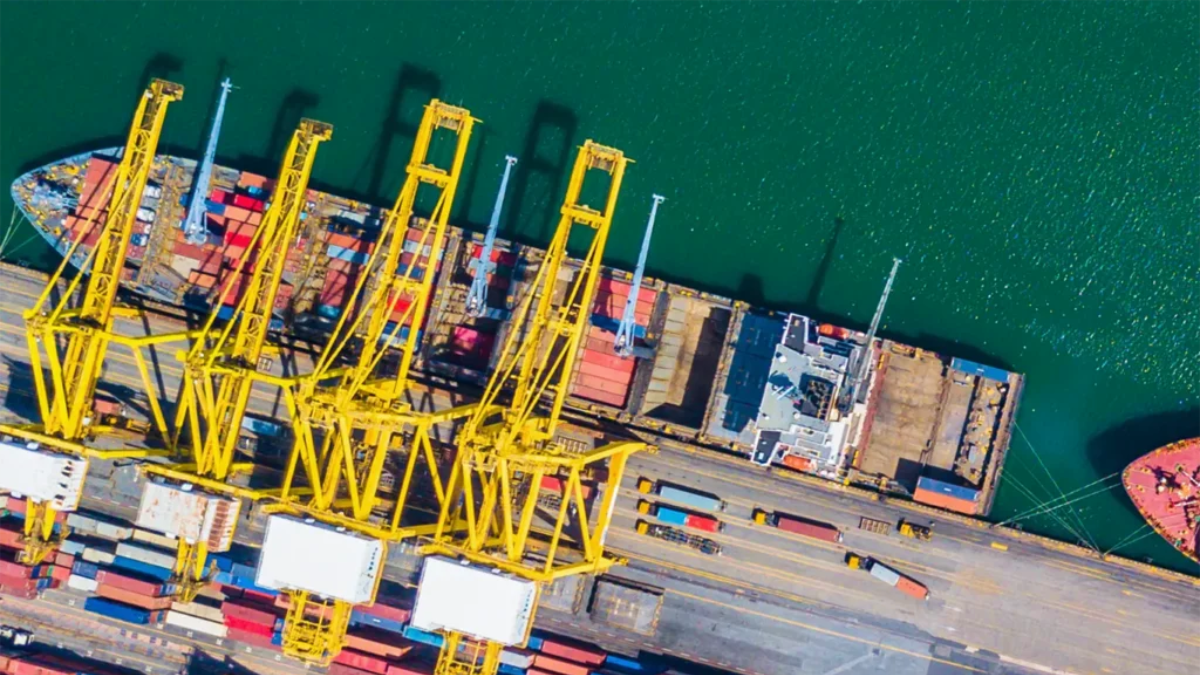Zero Emission Maritime Buyers Alliance Propels E-Fuel Adoption in Container Shipping
Key Ideas
- ZEMBA alliance, including Amazon, Ikea, and Meta, plans a tender to procure e-fuels for container shipping from 2027, aiming to reduce 470,000 metric tonnes of greenhouse gas emissions.
- The tender will require a 90% reduction in GHG emissions for primary propulsion, fostering the adoption of synthetic fuels like 'green' methanol, ammonia, and hydrogen.
- This initiative seeks to create market demand for scalable clean energy solutions, accelerate the clean energy transition, and help cargo owners reduce Scope 3 emissions.
- Interested bidders can contact ZEMBA to prepare for the Request for Proposal process, building on the success of the alliance's previous low-emission fuel initiative with Hapag-Lloyd.
The Zero Emission Maritime Buyers Alliance (ZEMBA), consisting of major companies like Amazon, Ikea, and Meta, is set to issue a tender in January to secure e-fuels for container shipping starting in 2027. This initiative aims to aggregate 80 billion tonne miles of demand, translating to a reduction of approximately 470,000 metric tonnes of greenhouse gas emissions. The e-fuels, derived from electrocatalytic hydrogen in forms like 'green' methanol, ammonia, and hydrogen, will be pivotal in achieving a 90% cut in GHG emissions for ships' primary propulsion. ZEMBA's president, Ingrid Irigoyen, emphasized the importance of multi-year commitments to drive the creation of new markets for sustainable solutions, aligning with members' climate goals for 2030 and 2040. Through this alliance, cargo owners can signal demand for green fuels and alternative-fuel-powered ships, aiding energy producers and shipowners in transitioning to cleaner technologies. Interested bidders can contact ZEMBA to engage in the Request for Proposal process, following the alliance's successful introduction of low-emission fuel options like liquefied biomethane. The alliance's proactive approach highlights a positive sentiment towards hydrogen and other synthetic fuels in the maritime industry, showcasing a commitment to sustainability and emissions reduction.
